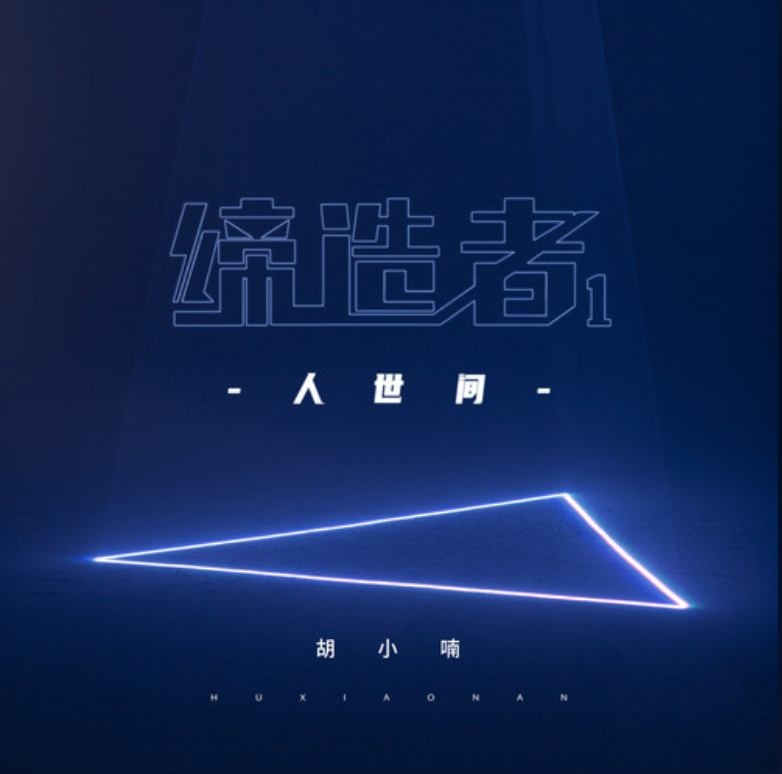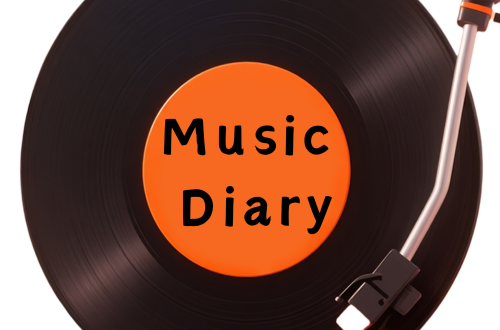HIFI Diary: Sennheiser MOMENTUM 4 Headphones Review
I. Preface
Big thanks to my buddy for lending me these Sennheiser MOMENTUM 4 ANC cans! Honestly, I haven’t paid much attention to noise-canceling headphones since reviewing Sony and Apple’s models years ago. If not for this loaner pair, I might’ve forgotten this category existed.
II. Preparation for the Review
Tested the MOMENTUM 4 paired with Sennheiser’s BTD 600 Bluetooth Dongle. Configurations:
- Phone Direct: Xiaomi 13 Ultra → Bluetooth → Headphones
- PC + Dongle: PC → BTD 600 → Bluetooth → Headphones
Settings: ANC off, Wind Noise Reduction off, “Neutral” EQ (default), Bass Boost off, Sound Zones off, High-Resolution (aptX Adaptive) on.
The MOMENTUM 4 sounds horrific via phone Bluetooth! Though Xiaomi’s Bluetooth is notoriously bad, this was next-level awful. Conversely, connecting via BTD 600 made sound quality SOAR. To protect my ears (and sanity), all tests used MOMENTUM 4 + BTD 600.
III. Assessment Tracks/Scoring Method
The track selection is based on the blogger’s usual listening preferences, which are about 50% ACG music, 30% modern music, and 20% classical music. Therefore, the selection leans heavily towards Japanese music. The scoring criteria are derived from a simplified version of Liu Hansheng’s “Twenty Essentials for Audio,” with a maximum score of 10, though generally, the highest score given is 9. A score of 8 indicates a clear advantage in the scoring category, 7 signifies excellence, 6 means it can be normally appreciated, 5 means it can be normally listened to, and scores below 5 are not commented on. For a more detailed evaluation plan, please refer to here.
IV. Testing Begins
| MOMENTUM 4 + BTD 600 | Grado GW100x + Laptop BT | |
| Integrity | 6/10 | 6.5/10 |
| High frequency | 5.5/10 | 6.5/10 |
| Medium frequency | 7.5/10 | 7/10 |
| Low frequency | 6.5/10 | 6.5/10 |
| Analysis, separation | 7/10 | 7/10 |
| Sound field, density | 6.5/10 | 7.5/10 |
| Drive, dynamic | 6.5/10 | 7.5/10 |
| Total score | 6.5/10 | 6.9/10 |
1、Song:缔造者(Creator),Singer:胡小喃/习小虎(Hu Xiaonan/Xi Xiaohu),Album:人世间(The World)

he recording and post-production feel messy, with a crazy vocal effect added that causes severe distortion. Honestly, this style just isn’t my taste, but it works perfectly for testing.
Overall, the MOMENTUM 4 has a slightly dark-leaning sound signature. Compared to similarly priced Sony or Apple noise-canceling headphones, it holds some advantages in resolution, density, and texture. However, it’s worth noting that even with noise cancellation turned off, the ear pressure is quite noticeable. Since I’m sensitive to pressure, it took some time to adjust.
Back to the song: The MOMENTUM 4 successfully tamed the harsh vocal sibilance and balanced the flaws in the vocals as much as possible, avoiding an overly grating or piercing sound. While the overall performance didn’t wow me, it was surprisingly tolerant of poorly recorded/produced tracks.
2、Song:我不原谅( I Won’t Forgive),Singer:张碧晨(Zhang Bichen)

In recent years, Chinese cinema has seen a surge of realist films. For example, 《误杀3》(Fire Lines 3) – featuring Zhang Bichen’s theme song – tackles child trafficking, while the theme song of 《三大队》(The Shadow) with lyrics by 唐恬 (Tang Tian), focuses on criminal investigations. These films expose harsh realities and critique social injustice, yet ultimately affirm humanity’s goodness and justice. As part of “mainstream patriotic cinema” in the new era, they resonate deeply by breaking formulaic stereotypes.
Returning to《我不原谅》(I Won’t Forgive), it mirrors《三大队》’s theme song《人间道》(The Way of the World). 唐恬 (Tang Tian)’s lyrics embody rage through “字字不提恨,却句句都是恨” (never naming hatred, yet every line screams it), materializing the agony of losing a child. The line “若未尝过我的绝望,凭什么要劝我原谅” (If you’ve never tasted my despair, how dare you preach forgiveness?) erupts with the film’s emotion, amplified by Zhang Bichen’s vocals. The song opens with a bereaved parent’s soliloquy: “不慈悲、不忘却、不谅解、不敬畏” (No mercy, no forgetting, no absolution, no reverence), then declares “不接受善良(已经)是我的退让” (My refusal to hate is already my compromise) and “怎可让说谎者扶摇直上” (How dare liars soar unscathed?) – asserting the victim’s stance. It climaxes with societal critique: “救赎是什么?是这个世界黑白对错永不浑浊” (What is redemption? A world where right and wrong never blur), layering personal fury with collective catharsis while echoing existentialism’s “revolt against absurdity.”
As for singer 张碧晨 (Zhang Bichen): A veteran of film themes (hits like 《凉凉》(Boom!) and 《笼》(Cage)), she merges her voice with narratives through exceptional empathy. Her delivery of “凡庸我、站的低、目光浅、我只管” (I’m ordinary, grounded, shortsighted—yet I persist) uses staccato articulation like recitative, compressing volcanic rage before detonating in “夺走我的所有现在就还给我” (Give back everything you stole—now!).
Regarding the MOMENTUM 4: Midrange vocals are thick (slightly excessive) but retain detail. Though pleasant overall, its dark tuning and poor treble extension crowd energy into mids, causing congestion. Weak treble transparency reduces vocal tension during climaxes, exacerbated by ear pressure. Bass offers typical price-tier performance: decent depth/quantity but passable texture.
V. Summary
Overall, development of over-ear wireless ANC headphones like the MOMENTUM 4 still lags behind the explosive progress of TWS. While its sound quality represents a significant improvement over early MOMENTUM generations, Sennheiser doesn’t hold an experiential advantage against Sony or Apple’s noise-canceling over-ears. Sonically, it does showcase commendable strengths (midrange thickness and density), yet narrow soundstage, average resolution, and weak treble remain objective flaws. Collectively, it fails to dominate competitors. As a flagship from “Sennheiser” – the world’s most powerful headphone brand – the MOMENTUM 4 delivers merely competent performance in both sound quality and value proposition.




